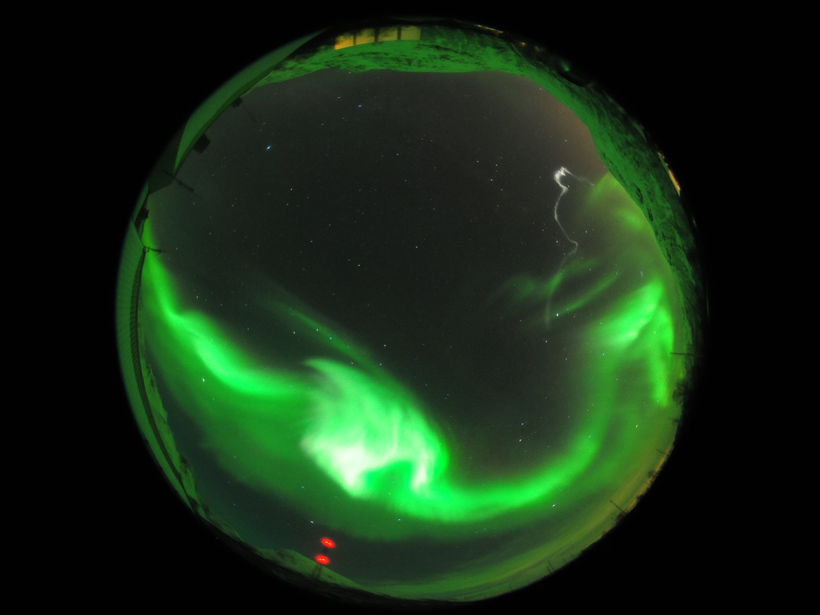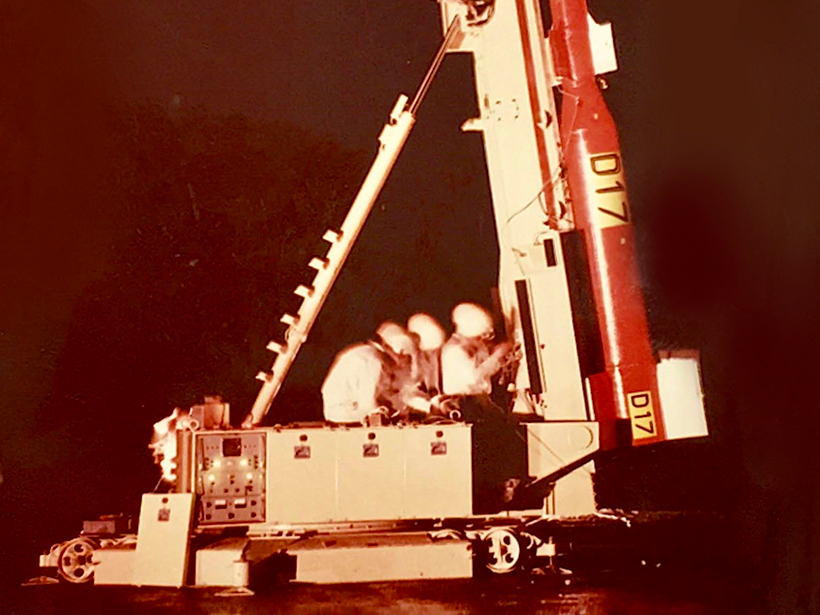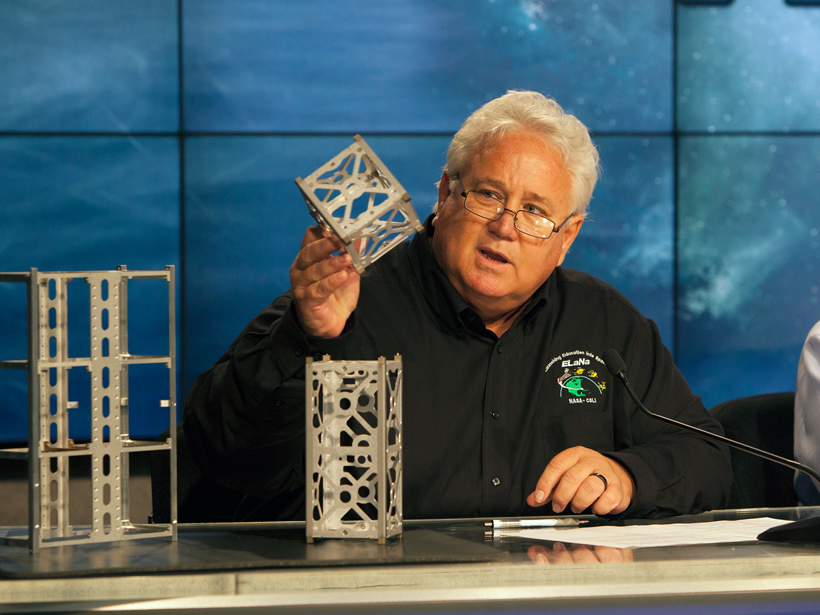A sounding rocket experiment set off a spectacular nighttime light show over Scandinavia as it produced new insights into ionospheric behavior near an aurora.
rockets
Rocket Mission Conjures a Ghostly Noctilucent Cloud
Night-shining clouds can be diagnostic tools to better understand how human activity is changing the meteorology of the mesosphere.
The Coming Surge of Rocket Emissions
With the space industry’s rapid growth, rocket exhaust will increasingly accumulate in the atmosphere. How this accumulation might affect the planet is unknown—because we’re not taking it seriously.
Understanding the Effects of Anthropogenic Space Weather
A large plasma hole generated by the vertical launch of the Formosat-5 satellite created temporary navigating and positioning errors of up to 1 meter, according to a new study.
Sounding Rockets Probe the Northern Lights Above Norway
Scientists measure how the aurora affects winds in the upper atmosphere.
Retracing the First Spaceborne Electric Field Measurement
Fifty years ago, a sounding rocket made history by taking the first measurement of an electric field in space. What techniques were used to capture this data?
Half of Atmospheric Joule Heating Is Due to Small Oscillations
Scientists use sounding rockets to show that small oscillations in electric fields can be just as important for atmospheric Joule heating as the presence of the electric field itself.
NASA Selects Launch Vehicles for Small Satellites
Miniature satellites offer new opportunities for science, commerce, and education. With new launch vehicles, these satellites will fly as primary payloads rather than hitchhiking on bigger missions.
Failed Rocket Payload Included Research Experiments
Orbital Sciences’ Antares rocket and Cygnus cargo spacecraft, which failed on 28 October, included a number of student research projects along with other science experiments.







